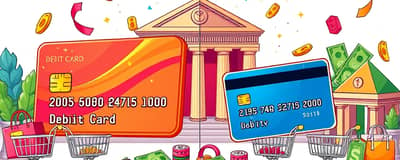Using a credit card can be an incredibly useful financial tool if wielded wisely. However, the pitfalls of poor credit card management can lead to debt and financial hardship. Understanding the dos and don'ts of credit card use is essential for anyone who wants to maintain good financial health. From responsible spending to monitoring your accounts, making informed choices can significantly enhance your financial wellbeing.
In this article, we'll outline seven essential dos and don'ts that will help you navigate the somewhat tricky waters of credit card use. Whether you're a new cardholder or someone looking to refine their credit habits, adhering to these guidelines can set you on the path toward financial success. Let's dive into the best practices for utilizing credit responsibly.
1. Do: Use Your Card Responsibly
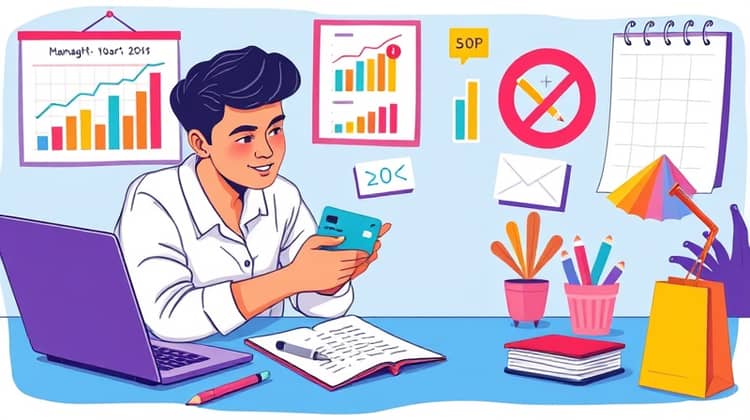
Using your credit card responsibly is crucial. This means only charging what you can afford to pay off each month and avoiding impulse purchases that can lead to overspending. It's essential to think of your credit card as a financial tool rather than free money, and to use it only for planned expenses.
- Keep track of your spending and stay under your budget.
- Set reminders or alerts for payment due dates.
- Avoid using your card for unplanned or unnecessary purchases.
- Review your statements to ensure all charges are legitimate.
By following these tips, you can use your credit card effectively without falling into common pitfalls that many cardholders experience. Responsible use can aid in building your credit history, which is important for future financial endeavors such as loans and mortgages.
2. Don't: Max Out Your Credit Limit
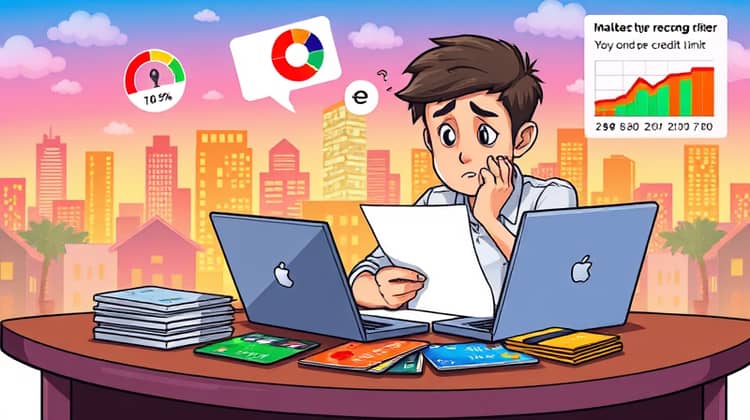
One of the cardinal sins of credit card usage is maxing out your credit limit. Doing so can negatively impact your credit score and may lead to fees that compound your financial woes. Maintaining a lower credit utilization ratio is pivotal for your credit health.
- Aim to keep your utilization under 30%.
- Consider spreading purchases across multiple cards if necessary.
- Pay down your balance before making large purchases.
- Regularly monitor your credit limit and spending to stay within limits.
By being mindful of your credit limit, you help protect your credit score while ensuring you don't overextend your finances. Being strategic about your card usage can lead to a more stable financial environment.
3. Do: Pay Your Balance in Full Each Month

Paying off your balance in full each month is an excellent practice for credit card holders. This not only avoids interest charges but also reflects responsible credit behavior to credit bureaus. Paying your full balance can prevent you from falling into a cycle of debt.
- Set up automatic payments to ensure you're never late.
- Pay more than the minimum payment whenever possible.
- Review your monthly spending to identify areas to save.
- Consider allocating funds specifically for credit card payments.
By adhering to this practice, you can maintain a healthy credit score while also freeing yourself from the stress of accruing interest on unpaid balances.
4. Don't: Ignore Your Credit Card Statements

It's vital not to ignore your credit card statements as they provide crucial information about your spending, due dates, and any fraudulent activity. Regularly checking your statements can keep you informed of your financial habits and help catch any discrepancies early.
- Review your statements for unauthorized transactions.
- Check for errors in billing and contact your issuer if necessary.
- Keep an eye on rewards and benefits you've earned.
- Track your spending to ensure you're staying within budget.
5. Do: Take Advantage of Rewards and Benefits
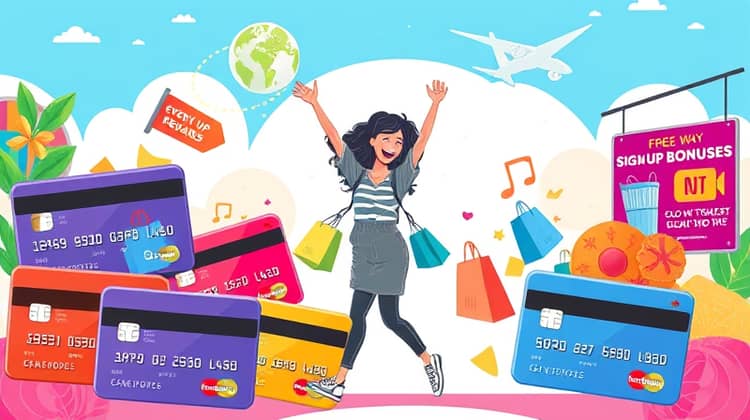
Many credit cards offer rewards programs that can provide significant benefits. By using your card strategically for purchases, you can earn points, cash back, or travel rewards. Understanding the benefits can help maximize the value you receive from using your credit card.
- Enroll in rewards programs offered by your card issuer.
- Use your card for everyday purchases to accumulate rewards.
- Leverage promotional offers and sign-up bonuses.
- Consider cards that offer travel rewards if you travel frequently.
Taking full advantage of rewards can enhance your spending power and often provide perks that can lead to savings in the long run.
6. Don't: Rely on Your Credit Card for Cash Advances
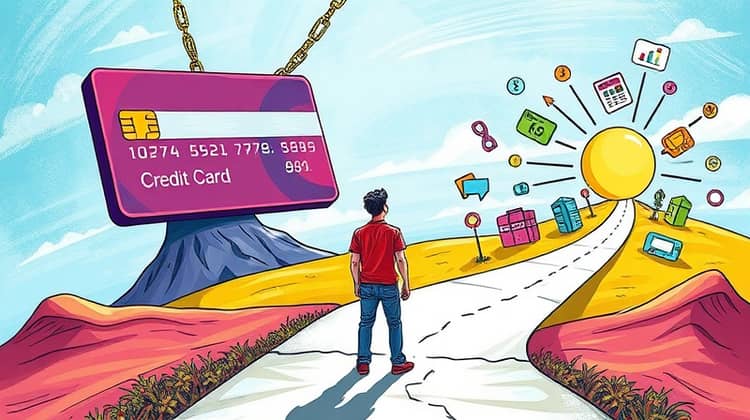
Using your credit card for cash advances should be avoided as it can incur high fees and interest rates. Cash advances often come without the grace periods that regular purchases have, making them a poor choice when in need of money.
- Identify other financial resources before opting for a cash advance.
- Understand the fees associated with cash advances.
- Use cash advances only as a last resort.
- Consider personal loans or other financing options that are more affordable.
7. Do: Monitor Your Credit Card for Fraud

Regularly monitoring your credit card activity is essential for detecting any fraudulent transactions early. With the rise of online shopping, credit card fraud has become increasingly common. Staying vigilant can help protect your finances.
Set up alerts for unusual spending activity on your account.
Consider using a fraud detection service if available.
Immediately report suspicious charges to your card issuer.
Conclusion

Navigating credit card usage isn't as daunting as it seems when you keep these dos and don'ts in mind. By practicing responsible spending, paying attention to your finances, and taking advantage of benefits, credit cards can be a versatile tool that works in your favor.
Establishing good credit habits can not only keep your financial health intact but also open doors to better loans and opportunities in the future. Make informed decisions and enjoy the advantages that come with responsible credit card use.




